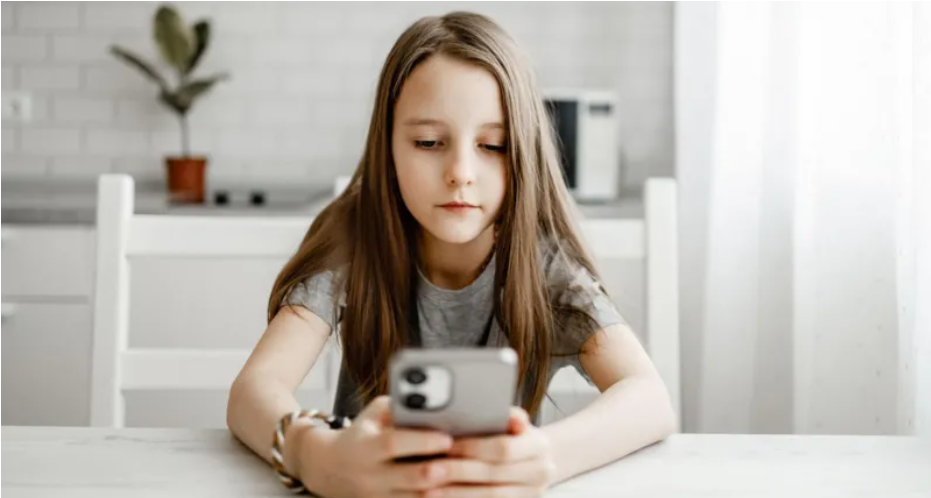Australia plans social media ban for under-16s
Australia’s government has announced plans to introduce “world-leading” legislation aimed at banning children under 16 from accessing social media.
Prime Minister Anthony Albanese stated that the proposed laws, to be presented in parliament next week, are designed to reduce the “harm” social media is causing Australian children.
“This is for the mums and dads… Like me, they are deeply concerned about the safety of our kids online. I want Australian families to know that the government stands with you,” he said.
Though many details are still to be discussed, the government clarified that the ban will not affect children already using social media platforms.
There will be no exceptions for children who have parental consent. The responsibility will fall on social media companies to demonstrate they are taking appropriate measures to block access.
Albanese emphasized that there would be no penalties for the users, and enforcement of the law will be the responsibility of Australia’s eSafety Commissioner.
The legislation will take effect 12 months after passing and will be reviewed after implementation.
While most experts agree that social media can negatively impact adolescents’ mental health, there is debate over the effectiveness of an outright ban. Some argue that such measures may only delay exposure to platforms like TikTok, Instagram, and Facebook, rather than teaching young people how to navigate the digital world safely.
Previous attempts at restricting access, including by the European Union, have largely failed or faced backlash from tech firms. And questions remain over how implementation would work given there are tools which can circumvent age-verification requirements.
One of Australia’s largest advocacy groups for child rights has criticised the proposed ban as “too blunt an instrument”.
In an open letter sent to the government in October, signed by over 100 academics and 20 civil society organisations, the Australian Child Rights Taskforce called on Albanese to instead look at imposing “safety standards” on social media platforms.
The group also pointed to UN advice that “national policies” designed to regulate online spaces “should be aimed at providing children with the opportunity to benefit from engaging with the digital environment and ensuring their safe access to it”.
But other grassroots campaigners have lobbied Australia’s government for the laws, saying bans are needed to protect children from harmful content, misinformation, bullying and other social pressures.
A petition by the 36Months initiative, which has over 125,000 signatures, argues children are “not yet ready to navigate online social networks safely” until at least 16, and that currently “excessive social media use is rewiring young brains within a critical window of psychological development, causing an epidemic of mental illness”.
When asked whether there should be broader efforts to educate children about how to navigate the benefits and risks of being online, Albanese said that such an approach would be insufficient because it “assumes an equal power relationship”.
“I don’t know about you, but I get things popping up on my system that I don’t want to see. Let alone a vulnerable 14-year-old,” he told reporters on Thursday.
“These tech companies are incredibly powerful. These apps have algorithms that drive people towards certain behavior.”



